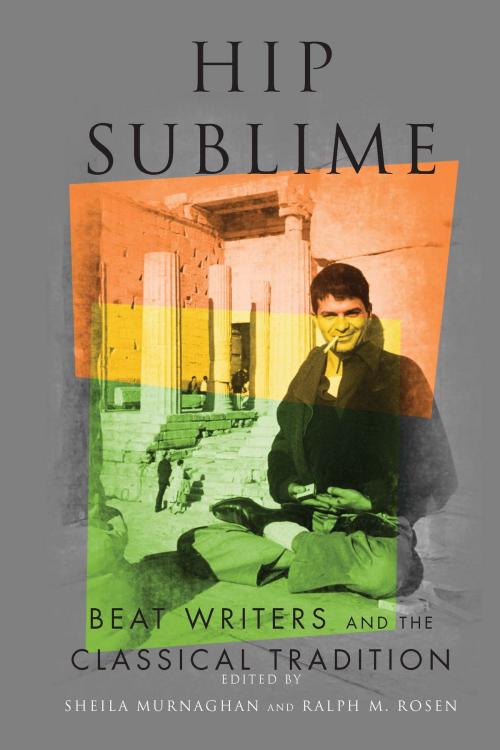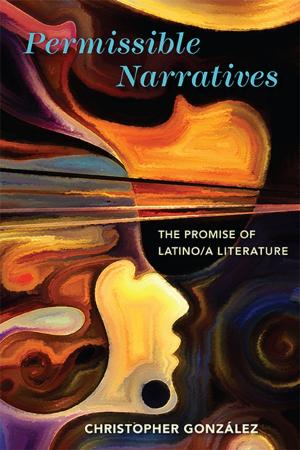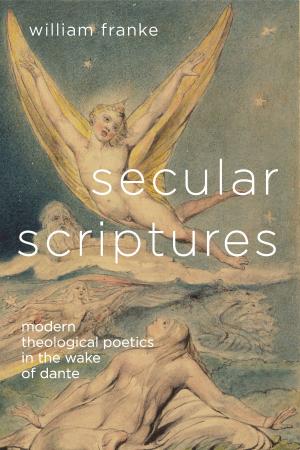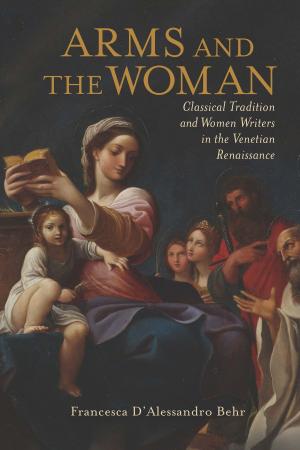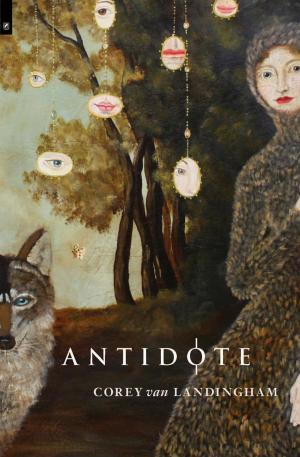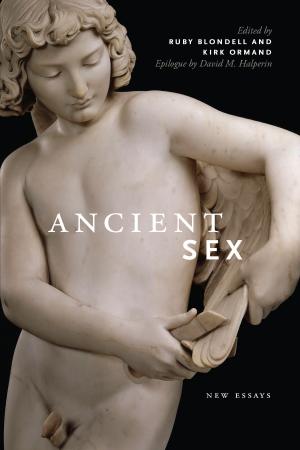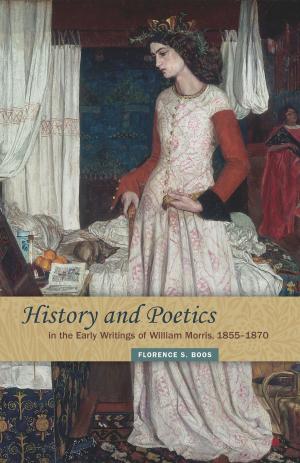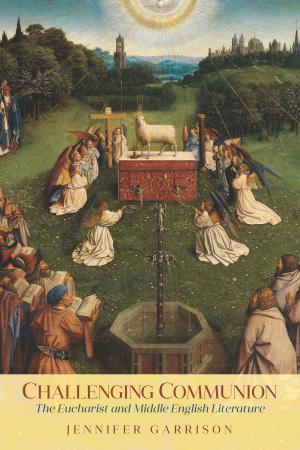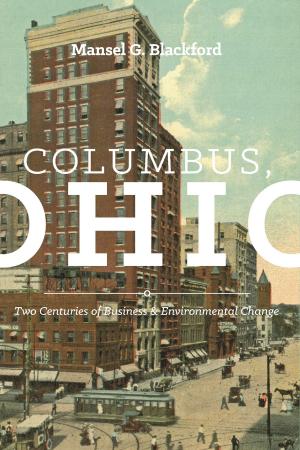Hip Sublime
Beat Writers and the Classical Tradition
Fiction & Literature, Literary Theory & Criticism, Ancient & Classical, American| Author: | Sheila Murnaghan, Ralph M. Rosen | ISBN: | 9780814276129 |
| Publisher: | Ohio State University Press | Publication: | April 7, 2018 |
| Imprint: | Ohio State University Press | Language: | English |
| Author: | Sheila Murnaghan, Ralph M. Rosen |
| ISBN: | 9780814276129 |
| Publisher: | Ohio State University Press |
| Publication: | April 7, 2018 |
| Imprint: | Ohio State University Press |
| Language: | English |
Despite their self-presentation as iconoclasts, the writers of the Beat Generation were deeply engaged with the classical tradition. Many of them were university-trained and highly conscious of their literary forebears, and they frequently incorporated their knowledge of Greco-Roman literature into their own subversive, experimental practice. Seeking to transcend the superficiality, commercialism, and precariousness of life in post–World War II America, the Beat writers found in their classical models both a venerable literary heritage and a discourse of sublimity through which to articulate their desire for purity.
In this volume, a diverse group of contributors explore for the first time the fascinating tensions and paradoxes that arose from interactions between these avant-garde writers and a literary tradition often seen as conservative and culturally hegemonic. With essays that cover the canonical Beat authors—such as Allen Ginsberg, Jack Kerouac, and William Burroughs—along with less well-known figures—including Kenneth Rexroth, Ed Sanders, and Diane di Prima—Hip Sublime: Beat Writers and the Classical Tradition brings long overdue attention to the Beat movement’s formative appropriation of the Greek and Latin classics.
Despite their self-presentation as iconoclasts, the writers of the Beat Generation were deeply engaged with the classical tradition. Many of them were university-trained and highly conscious of their literary forebears, and they frequently incorporated their knowledge of Greco-Roman literature into their own subversive, experimental practice. Seeking to transcend the superficiality, commercialism, and precariousness of life in post–World War II America, the Beat writers found in their classical models both a venerable literary heritage and a discourse of sublimity through which to articulate their desire for purity.
In this volume, a diverse group of contributors explore for the first time the fascinating tensions and paradoxes that arose from interactions between these avant-garde writers and a literary tradition often seen as conservative and culturally hegemonic. With essays that cover the canonical Beat authors—such as Allen Ginsberg, Jack Kerouac, and William Burroughs—along with less well-known figures—including Kenneth Rexroth, Ed Sanders, and Diane di Prima—Hip Sublime: Beat Writers and the Classical Tradition brings long overdue attention to the Beat movement’s formative appropriation of the Greek and Latin classics.
